No hungry man who is also sober can be persuaded to use his last dollar for anything but food
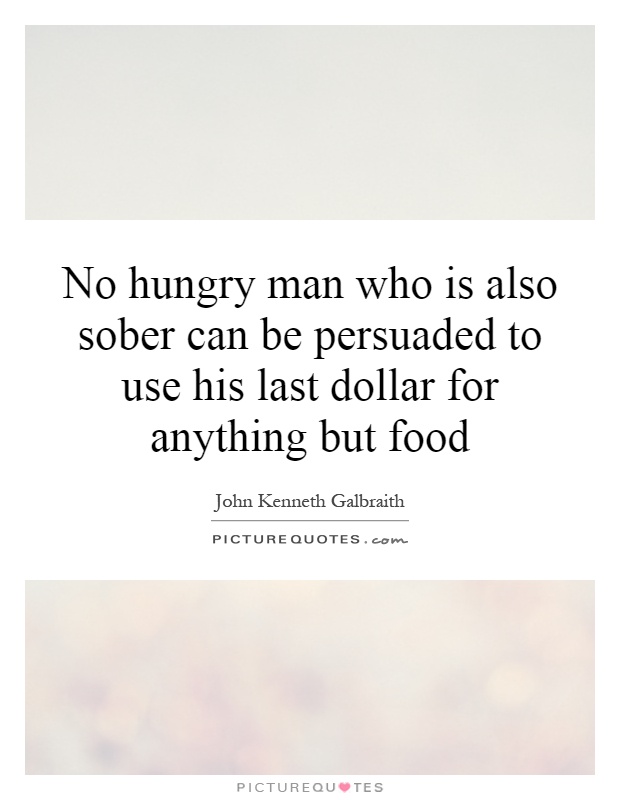
No hungry man who is also sober can be persuaded to use his last dollar for anything but food
John Kenneth Galbraith was a renowned economist and public intellectual who was known for his sharp wit and keen observations on society and economics. One of his most famous quotes is, “No hungry man who is also sober can be persuaded to use his last dollar for anything but food.” This statement encapsulates the harsh reality faced by many individuals living in poverty and struggling to make ends meet.Galbraith understood that when a person is hungry and lacking basic necessities, their primary focus is on survival. In this state of desperation, it is nearly impossible to think about anything else other than satisfying their immediate need for food. This is especially true for those who are also sober, as they are not numbing their hunger with alcohol or drugs, but are acutely aware of their physical need for sustenance.
In the context of Galbraith’s work, this quote speaks to the fundamental issue of poverty and inequality in society. He believed that the distribution of wealth and resources was inherently unequal, and that those at the bottom of the economic ladder were often left to fend for themselves in the face of hunger and deprivation. Galbraith argued that it was the responsibility of society as a whole to address these inequalities and ensure that all individuals had access to the basic necessities of life.
Furthermore, Galbraith’s quote highlights the importance of addressing the root causes of poverty and hunger, rather than simply providing temporary solutions. He understood that simply giving money or aid to those in need was not enough to solve the underlying issues of inequality and deprivation. Instead, he advocated for systemic changes that would address the structural barriers that kept people in poverty and prevented them from accessing the resources they needed to thrive.
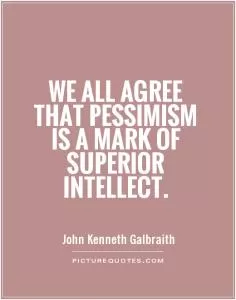
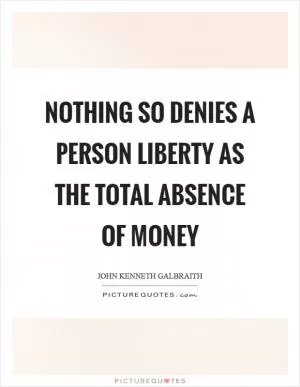
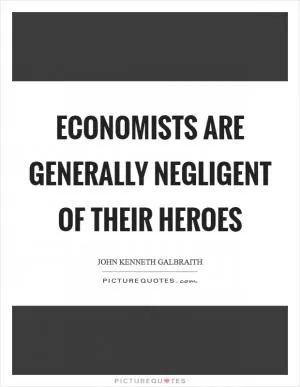
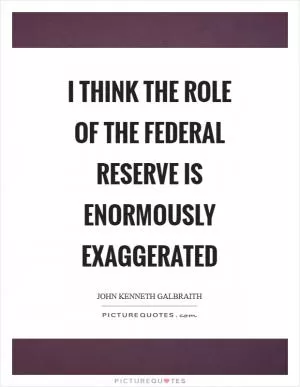
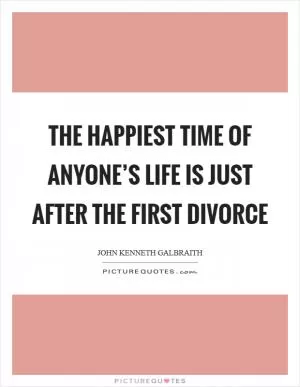
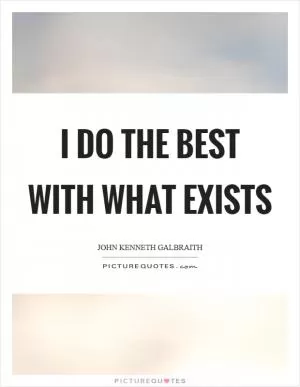
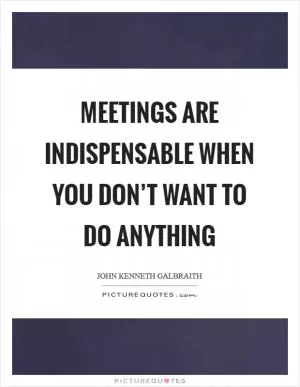
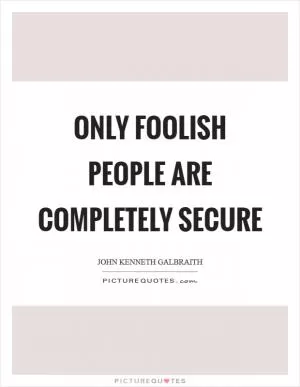

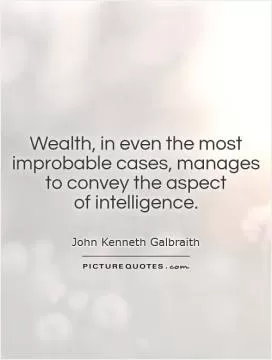
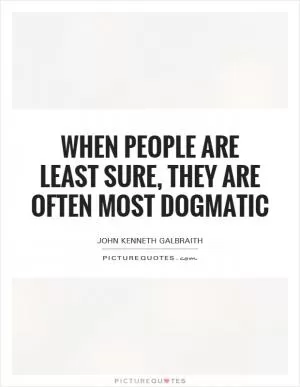
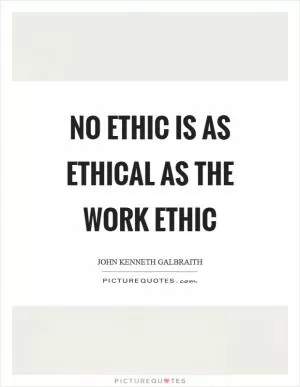
 Friendship Quotes
Friendship Quotes Love Quotes
Love Quotes Life Quotes
Life Quotes Funny Quotes
Funny Quotes Motivational Quotes
Motivational Quotes Inspirational Quotes
Inspirational Quotes